Can green tech meet surging energy demands?
Tech firms are pinning hopes on the rapid adoption of renewables and more efficient data centers to tackle energy-intensive AI workloads and ballooning data generation
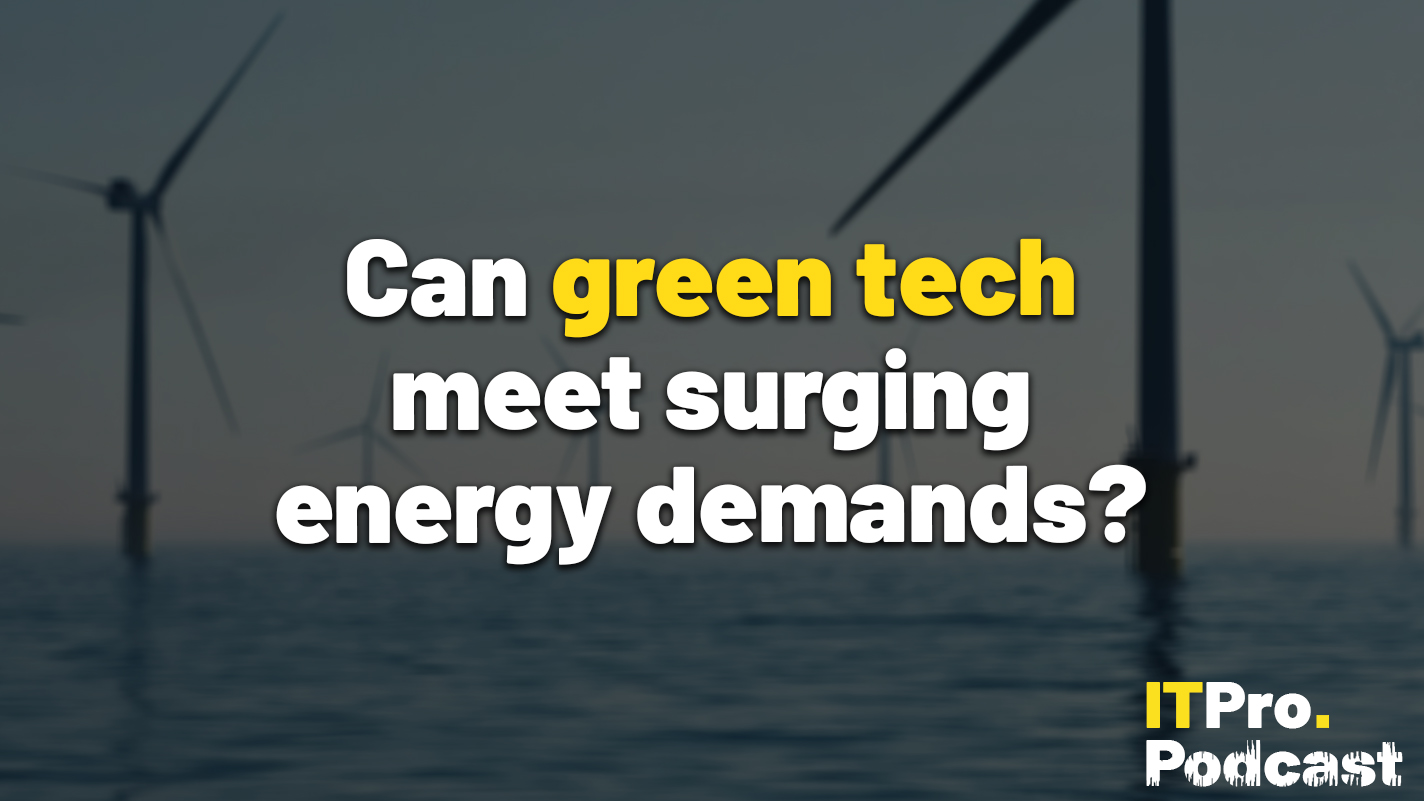

As the tech sector creates data at greater rates than ever before, using more cloud and on premise workloads, it’s more important than ever that firms consider their sustainability strategy and carbon footprint.
Until the world has achieved net zero energy, every watt that goes into powering hardware and software adds to overall global emissions, with data center growth accounting for more and more global energy demand. Renewable energy and greater efficiency help with this but are not silver bullets.
Breakthroughs in AI and quantum computing have put extra strain on data centers and thrown a spanner in the works when it comes to improvements in energy efficiency across the sector.
In this episode, Jane and Rory discuss what the tech sector is doing to counteract this and whether the benefits of this new era can outweigh its carbon cost.
Highlights
“When we look at this, in the perspective of everything else that is being spoken about, we're supposed to be trying to reduce energy consumption in an effort to reduce emissions but at the same time, everything is pointing us towards a greater use of energy.”
RELATED WHITEPAPER
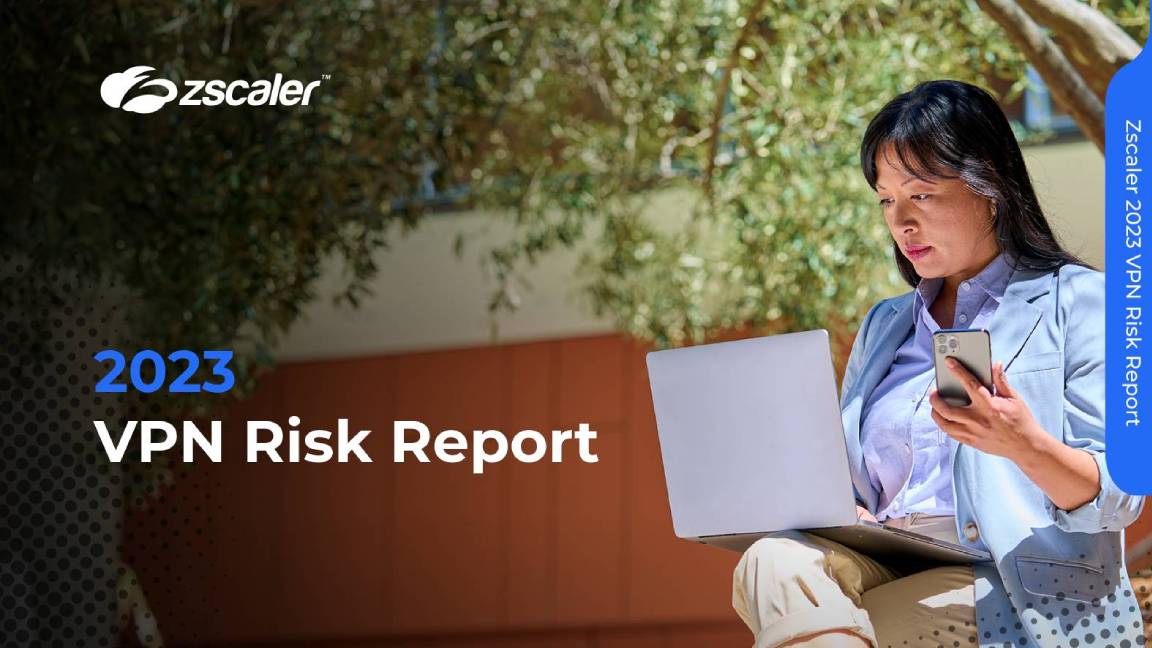
“When we talk about data center efficiency, one of the number one concepts there is green data centers. These are data centers with improved energy efficiency and lower carbon emissions through a number of different mechanisms. The number one way of doing that, and we'll get on to this in a minute, is investing heavily in clean energy generation. If your energy has been generated with as few carbon emissions as possible, then you can feel better about using it however you want to.”
“In my opinion, it's very much the nature of these companies to be run often by accelerationists, who just want to kind of go headlong towards general AI, so human-level intelligence AI that you can apply to anything. They're not futurists, but they're very kind of future-focused and excited by future technology. And one of the ways that this manifests itself is that they're not so interested in the green energy technologies that exist already.”
Get the ITPro daily newsletter
Sign up today and you will receive a free copy of our Future Focus 2025 report - the leading guidance on AI, cybersecurity and other IT challenges as per 700+ senior executives
Footnotes
- What is a green data center and why are they attracting big investment?
- How will energy prices affect data center costs in 2024 and beyond?
- “We’ve made savings of around 85%”: Embracing green energy for data centers by migrating to Iceland
- Microsoft just signed the biggest corporate renewable energy deal ever — and it's all to keep up with soaring AI data center power demands
- Global power shortages mean data centers could struggle to shoulder the burden of energy-intensive generative AI demands in 2024
- Westcon-Comstor hits 100% renewable electricity target in the UK
- Cisco plans to power 100% of its operations in Europe with renewables - but there’s a catch
- Huawei emphasizes energy efficiency, storage at IDI 2024 Berlin as firm looks to address AI data boom
- A super-supergrid? CEO of UK power network says legacy infrastructure requires major overhaul to meet soaring data center energy demands
Subscribe
- Subscribe to The IT Pro Podcast on Apple Podcasts
- Subscribe to The IT Pro Podcast on Spotify
- Subscribe to the IT Pro newsletter
- Join us on LinkedIn

Rory Bathgate is Features and Multimedia Editor at ITPro, overseeing all in-depth content and case studies. He can also be found co-hosting the ITPro Podcast with Jane McCallion, swapping a keyboard for a microphone to discuss the latest learnings with thought leaders from across the tech sector.
In his free time, Rory enjoys photography, video editing, and good science fiction. After graduating from the University of Kent with a BA in English and American Literature, Rory undertook an MA in Eighteenth-Century Studies at King’s College London. He joined ITPro in 2022 as a graduate, following four years in student journalism. You can contact Rory at rory.bathgate@futurenet.com or on LinkedIn.
-
 Cleo attack victim list grows as Hertz confirms customer data stolen
Cleo attack victim list grows as Hertz confirms customer data stolenNews Hertz has confirmed it suffered a data breach as a result of the Cleo zero-day vulnerability in late 2024, with the car rental giant warning that customer data was stolen.
By Ross Kelly
-
 Lateral moves in tech: Why leaders should support employee mobility
Lateral moves in tech: Why leaders should support employee mobilityIn-depth Encouraging staff to switch roles can have long-term benefits for skills in the tech sector
By Keri Allan
-
 Can better connectivity boost rural business?
Can better connectivity boost rural business?Podcast Rural businesses are still offered speeds far below the UK government’s gigabit target
By Rory Bathgate
-
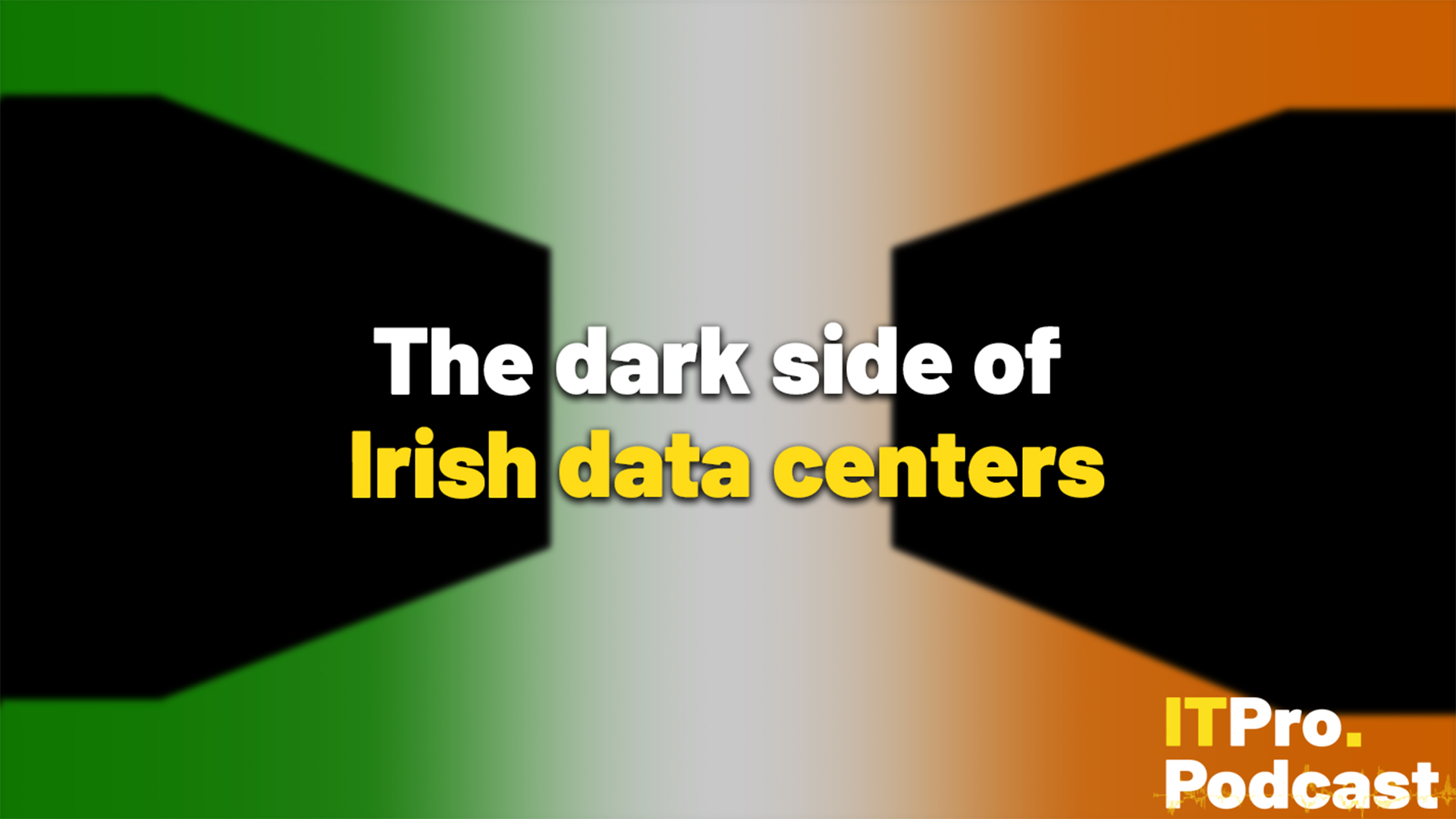 The dark side of Irish data centers
The dark side of Irish data centersITPro Podcast As Ireland grapples with data center energy demands, we ask if software developers can really benefit from virtual reality
By Rory Bathgate
-
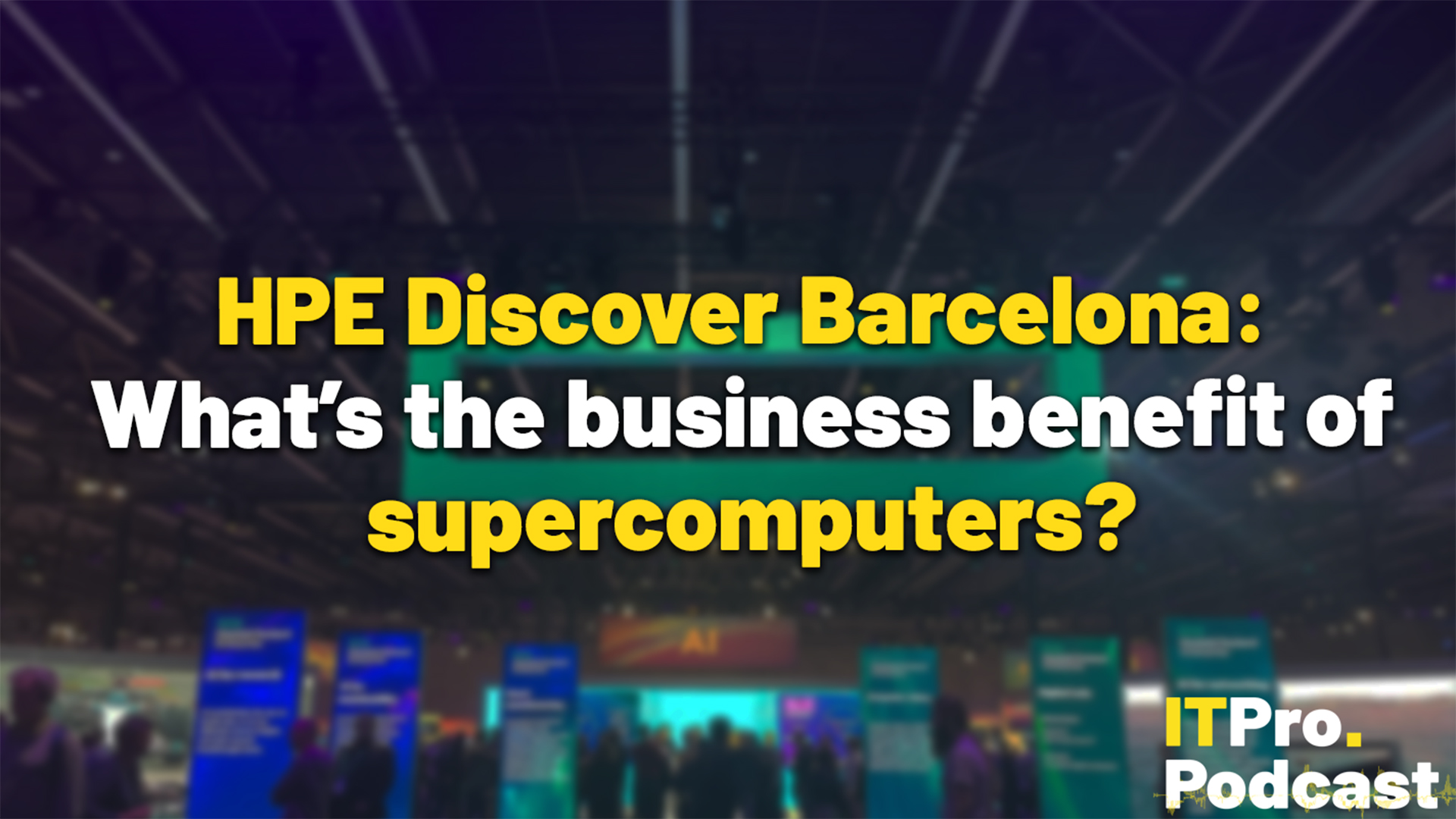 HPE Discover Barcelona: What’s the business benefit of supercomputers?
HPE Discover Barcelona: What’s the business benefit of supercomputers?ITPro Podcast With potential in fields such as AI to scientific modelling, global interest in supercomputers continues to rise
By Jane McCallion
-
 Hyperscalers go nuclear
Hyperscalers go nuclearITPro Podcast As energy costs for data centers become a challenge for cloud providers and AI developers alike, plentiful clean power is a key focus
By Rory Bathgate
-
 AI’s thirsty secret
AI’s thirsty secretITPro Podcast Data center expansion is putting freshwater sources under immense strain, with operators facing an environmental and PR reckoning
By Rory Bathgate
-
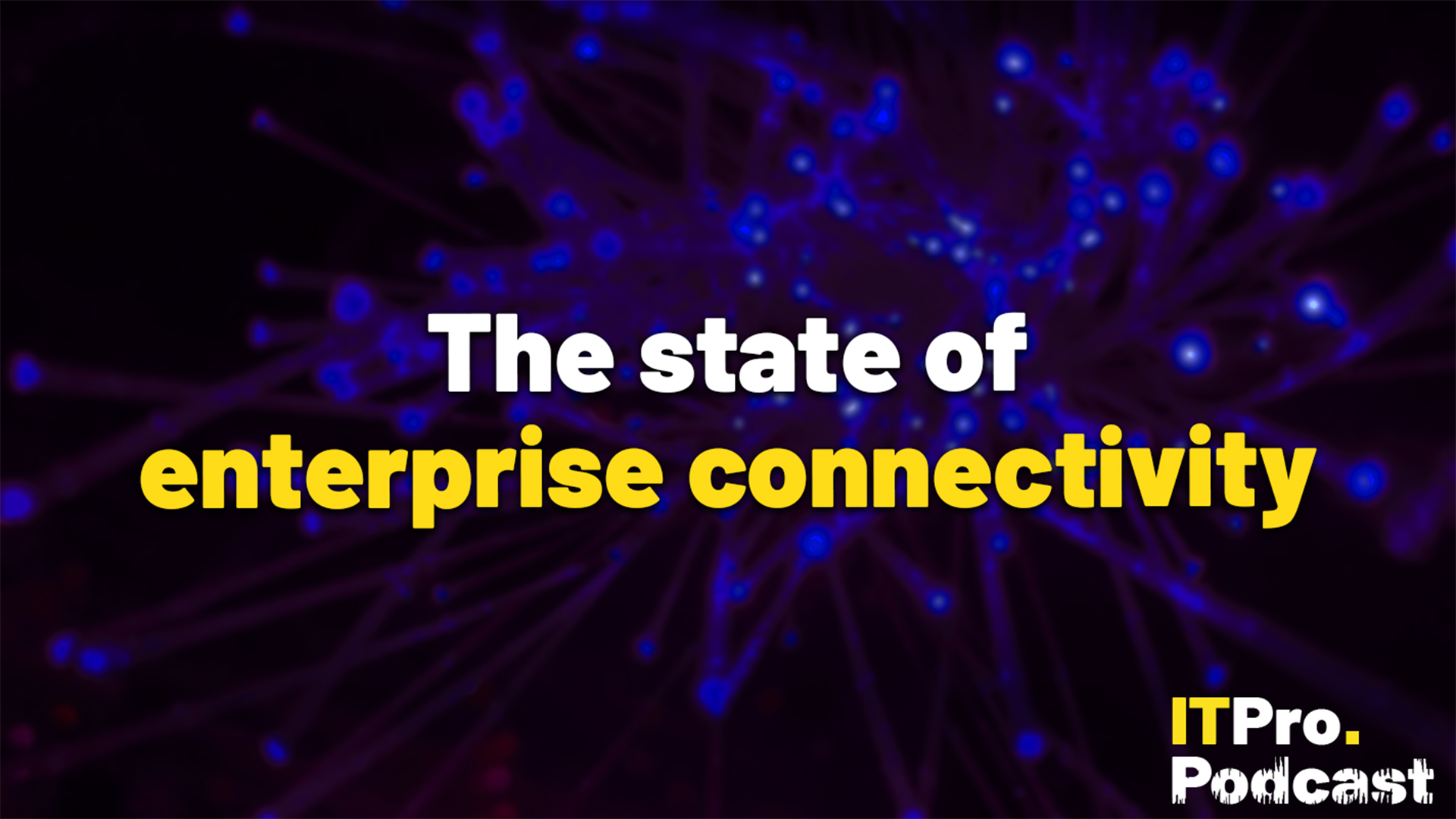 The state of enterprise connectivity
The state of enterprise connectivityITPro Podcast Network technology is continuing to evolve as IT teams work to enable edge computing, expanding IoT, and AI needs
By Rory Bathgate
-
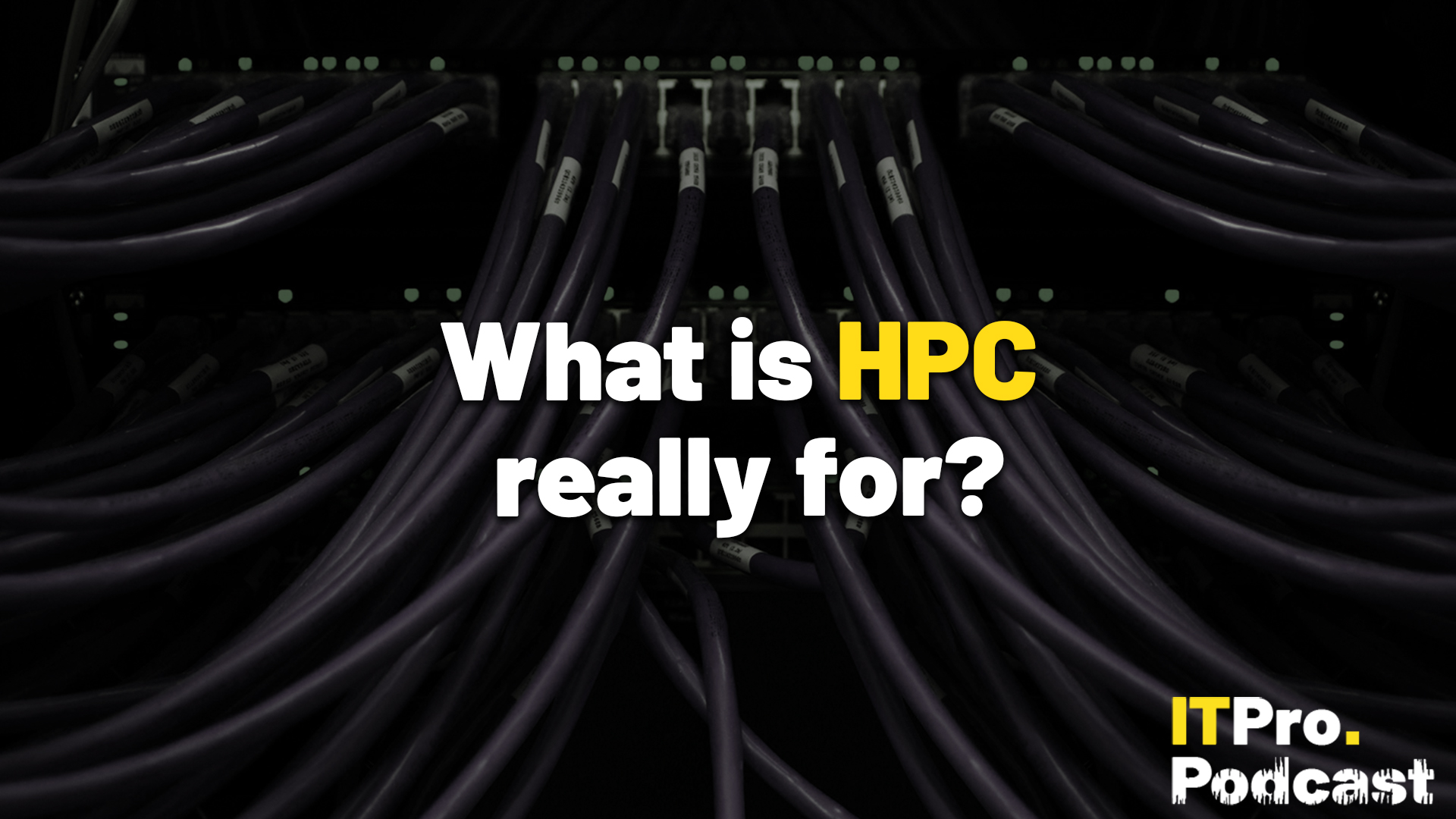 What is HPC really for?
What is HPC really for?ITPro Podcast High-performance computing HPC is often touted as an area of major tech breakthroughs – but what are these and who is leading the charge?
By Rory Bathgate
-
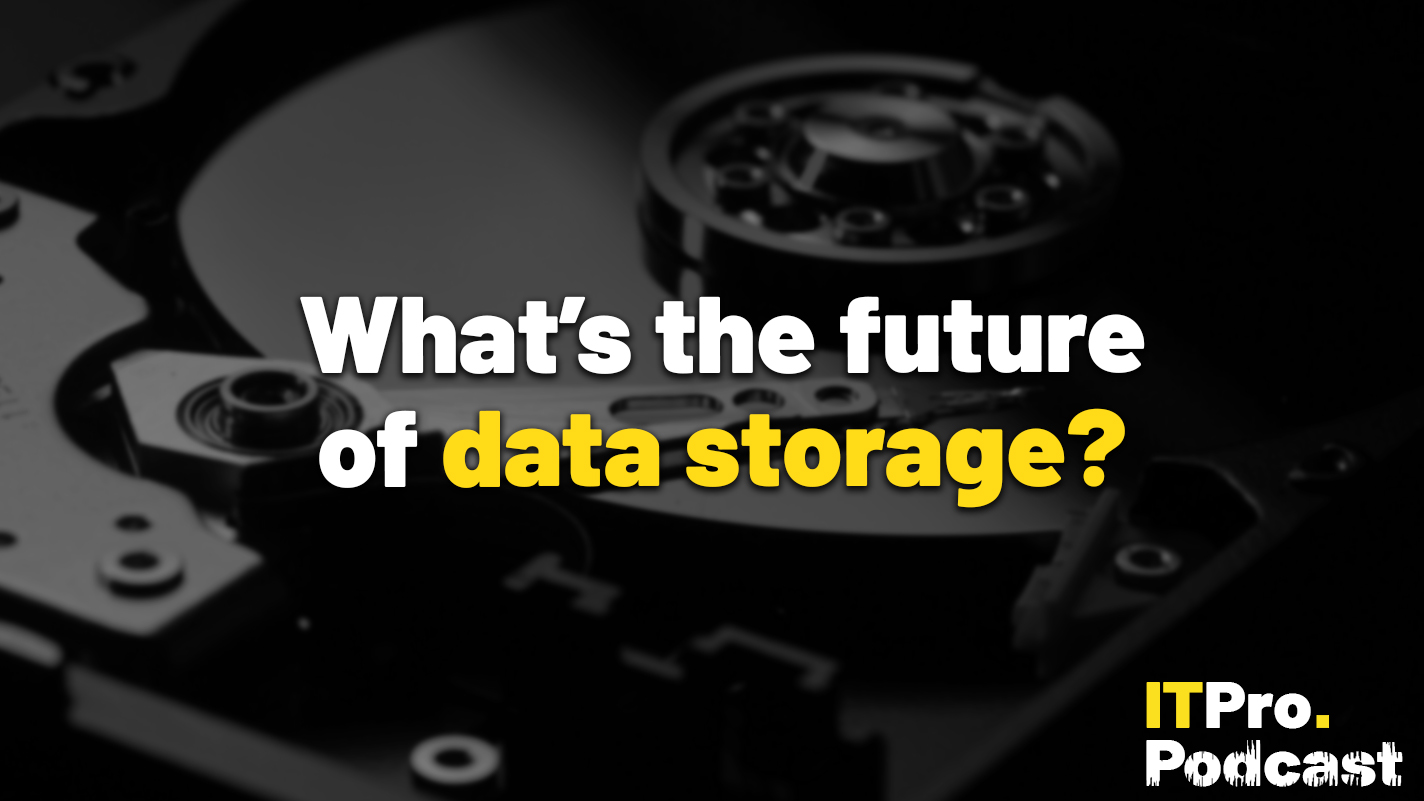 What’s the future of data storage?
What’s the future of data storage?ITPro Podcast As the amount of data we use and create grows, firms need to shore up their storage strategies or risk of far more expensive migrations – or even data loss – down the line
By Rory Bathgate